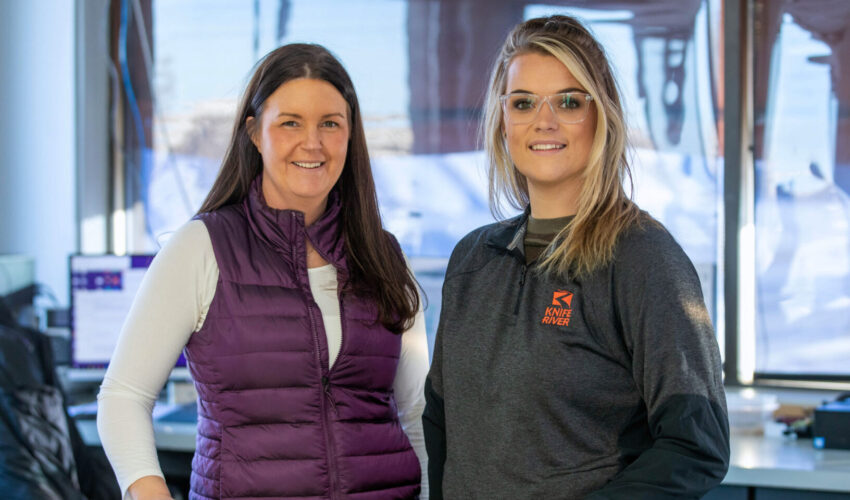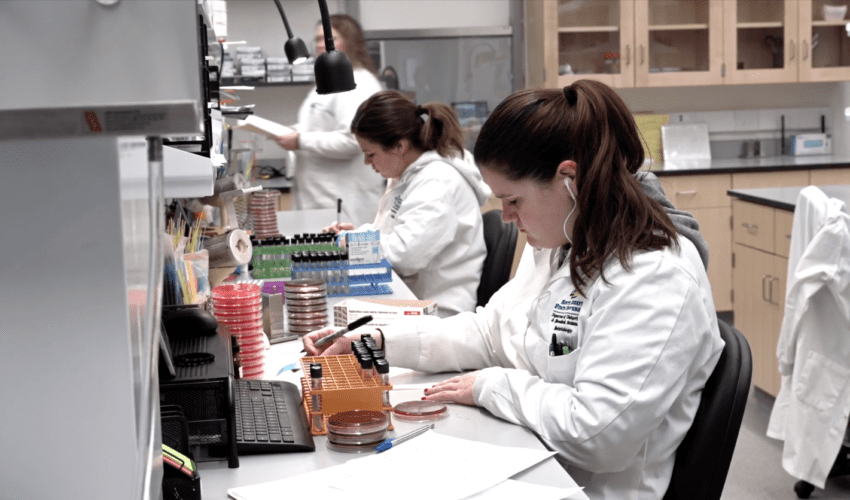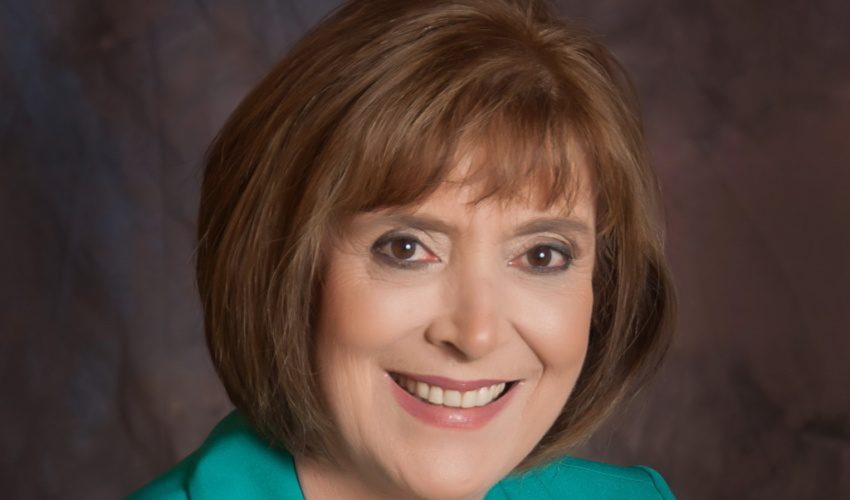As era of artificial intelligence looms, DSU leader has front-row seat
Dec. 18, 2018
This paid piece is sponsored by Dakota State University.
When Dakota State University president José-Marie Griffiths begins service on a newly formed commission on artificial intelligence next year, it will give her a leading look at technology many consider key to our future.
Griffiths was chosen by U.S. Sen. John Thune to serve as a member of the National Security Commission on Artificial Intelligence, or AI.
As a member, she will help review advances in AI, related machine-learning developments and associated technologies.
“It’s going to be very interesting,” Griffiths said. “AI is receiving a resurgence of interest; it’s gone up and down over the last several decades as technological capabilities have been developed.”
AI is defined as intelligence demonstrated by machinery. In other words, machines have human-like characteristics. Depending on the type of machine, it could have the ability to recognize speech, see, make decisions, translate languages or drive a vehicle.
With promising features, AI is growing at an exceptional rate.
For multiple industries, the enhancement of efficiency and lifestyle is the main attraction. Health care could benefit by improving diagnosis, assisting in training and aiding in rural communities.
Schools with AI would advance by providing feedback, tutoring and translation. For ill students, AI would enable them to attend classes from the comfort of their home, and for students with disabilities, the technology would offer a more inclusive classroom. Within the government, AI could assist with criminal cases, finances, national safety, missions and cybersecurity.
Although there are many industries in which AI could be auspicious, the commission has one focus in mind.
“This commission is particularly asked to look at issues relating to national security, defense, public/private partnerships and investments that are going to be needed to keep us at the forefront of this technology,” Griffiths said.
“I understand the purpose of this commission is to really review where we are as a country in terms of our developments of AI and related technologies, and where we are relative to the rest of the world.”
Griffiths added that China plans to have AI advancements in place by 2025 and be the world leader by 2030.
“In terms of technological development, nations always want to be at the forefront — particularly when you can apply technologies across the board: every industry, every critical infrastructure, national defense and so on. If you have the most advanced technology, you have an edge.”
AI and associated technology already have led to innovations from Fitbit to Alexa, Tesla vehicles, smart apps, weaponry and other machinery.
While the developments are exciting to many, they also prompt questions as human rely on them more intricately:
- What it exactly is AI?
- How should we use AI?
- What does AI mean for humanity?
- How do AI and technology inadvertently affect us?
- How do we evolve as AI and technology evolve? Where do we draw the line?
“I am pleased that our charge includes consideration of risks and associated ethical issues related to AI and model learning, especially in application to national security and defense,” Griffiths said.
When asked what the American public needs to know about vulnerabilities in a way that is responsible, yet transparent, Griffiths responded:
“With the heavy focus on cybersecurity and AI, I see vulnerabilities all over the place. I don’t want to sit there and broadcast them because the moment you know about a vulnerability, it can be exploited by bad actors,” she said.
“There are bad actors who are there for monetary gain, simply because or for major national positioning. In certain areas – national security and defense – you probably don’t want to go public about every vulnerability. You might want to admit there are vulnerabilities, but you don’t want to lay them all out.”
The increase in vulnerabilities means there must be a balance and a better understanding of developments with AI, particularly for future leaders. Currently, the K-12 school system is working to advance students with computer systems, as well as prepare them for post-high school courses. Along with education, workforce development programs also could incorporate knowledge about AI progressions.
“We’re going to have to be more innovative in our approaches to attracting people and bringing them to the right level of education for the task at hand. The question is what else would they need to be able to work in these environments?” Griffiths asked.
DSU’s president is well prepared for her new leadership role at a federal level. She has spent most of her career in research, teaching, public service, corporate leadership, economic development and higher education administration. She has been awarded presidential appointments to the National Science Board, the U.S. President’s Information Technology Advisory Committee and the U.S. National Commission on Libraries and Information.
She also led projects for more than 28 federal agencies, including the National Science Foundation and NASA, more than 20 major corporations such as AT&T Bell Laboratories and IBM, and seven major international organizations that include NATO and the United Nations. She has received more than 20 significant awards in science, technology, teaching and the advancement of women in these fields.
“It’s a privilege to be on this commission, it’s brand new, it’s going to clearly define its scope a little bit more in detail than we have in the legislation,” Griffiths said. “I would hope that we could come up with one or more reports that really are very clear about the current state of play, with projections and guidelines for the future.”








